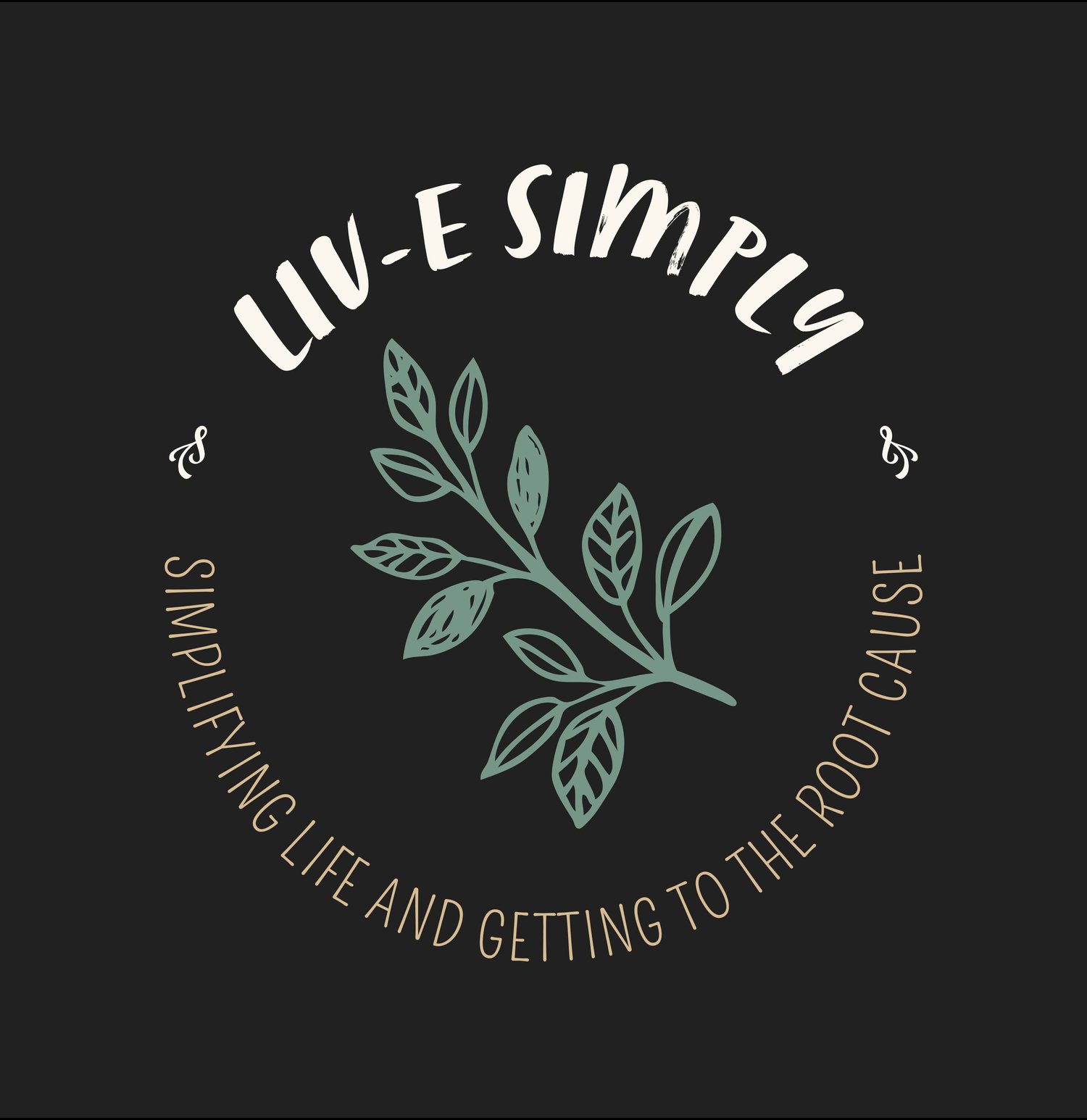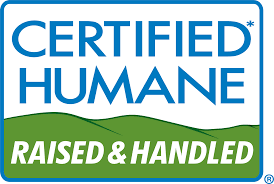How to Navigate Grocery Store Labels
Shopping for groceries should be easy…right? Grab what you need and leave.
But what about the blueberries that are listed as “organic” and sitting right beside “regular” blueberries, and are almost double the price? Should I be buying those? Or the two chicken breast packages that look the same, but one is more expensive and the label says “free range”? What do all of these labels mean???
The grocery store is laid out to benefit the store, not the consumer. Checkout lines filled with quick and easy snacks like chips or gummy snacks, processed foods right on the end of the aisle for you to push your buggy past real quick and scoop them up, colorful packaging to draw your attention to the gummy snacks filled with dyes and other unnatural ingredients. The stores want your money! They use marketing tactics to get more than what you were wanting to spend. Changing your mindset to one of benefitting yourself ad your family alone, and not being sucked into their placement strategies, will majorly impact your grocery budget goals as well as your health goals!
Back to the topic, There are so many different labels on all of the food and produce in the grocery store. But what do all of the labels mean? Organic, Non-GMO, free-range, grass-fed, natural, natural flavorings, etc. There are so many and it can be very confusing!
Let’s start with organic. Generally speaking, organic labelling means that the product has met the requirements created by the USDA National Organic Program. To see the exact requirements visit https://www.ams.usda.gov/grades-standards/organic-standards. These requirements mean that the product, or components of the product, must not have been sprayed by pesticides, fertilized with synthetic ingredient fertilizers, and other chemicals were not used in the growing of plant-based foods. As for meat, such as chicken or beef, organic means the animals were fed with 100% organic feed in addition to other requirements on grazing, housing, and overall healthcare. 100% organic means that the item, and it’s components, are only organic. Something labelled as “organic” may have some components that are not organically grown, but the requirements have been met to be able to label it as organic. When shopping aim to buy produce that is 100% organic, and you will have less exposure to synthetic ingredients and toxins in the food you consume.
Next up is non-GMO. Non-GMO, or non-genetically modified organism, means that the grocery item, and its components, is not genetically modified. This label can pertain to produce and animals. When something is genetically modified, its DNA structure is changed to achieve desirable traits through virus injection, injection into a fetus while in a womb, or through bacteria in some cases with plants. While you should aim to buy non-GMO products, it must also be of note that some food items do not have a GMO alternative, and therefore, the label can be misleading. Do not trust a label on its own.
What about animal products? Is there a label specific to them? Yes! Grass-fed, free range, and pasture raised are three labels that apply to products like meat, eggs, dairy products, and other animal products. Free-range sounds awesome, right?? The animal can do whatever they please throughout the day and then go in for the night. Unfortunately, this is not always the case. Free-range means that the animal has “access” to the outdoors, which in some cases is just a tiny window only their head can fit through. Pasture-raised means the animal has/had access to a pasture outdoors for the majority of their lives. Recently, there were new standards set for the Certified Humane label. This means if it is labeled free-range, the animals must be outdoors for at least 6 hours each day. Pasture raised is further specified to rotating fields as well as square footage per animal. Grass-fed means that an animal, usually cows, are raised on only grass/pasture/grazing their entirety of their lives. No grain was given to them. This label is not regulated as much as the others, and this also does not account for hormones, antibiotics, or other medications given to the animals. If you are going to look for these labels, make sure to look for the Certified Humane label!
When it comes to buying produce, dairy products, or other animal products, be very mindful of what you buy! The best way to get these items is from a local farm where you are able to see their growing practices, harvesting practices, animal health and care practices, and everything that goes along with it! The more local the better!
In the end, everything is a best-relative choice for you. If you have a tight budget and the organic strawberries are too much, opt for the regular strawberries as whole foods such as fruits and vegetables are still better than the processed alternatives with many other ingredients.
Want to learn more about what would work for you and your family? Want a custom-tailored plan that will help you achieve your health and wellness goals? Schedule a Discovery Call with me for FREE and see if I am a good fit for you!





